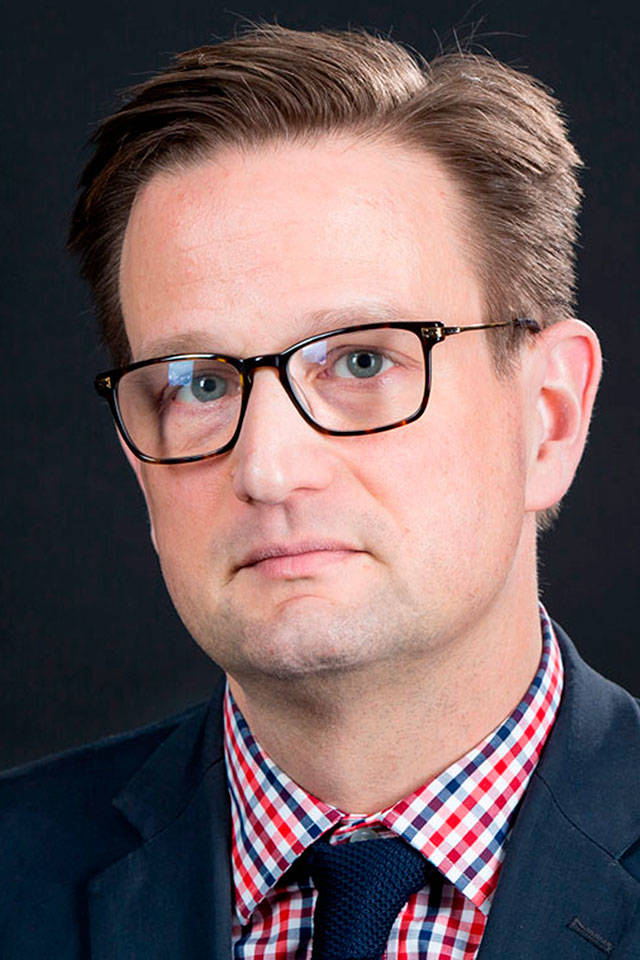What do most Americans know about science?
If a March 28 Pew Research Center poll is to be believed — not nearly enough. And at a time when knowledge and facts are under assault as they have not been in recent memory, that’s a problem.
On the upside, about eight in 10 respondents to the new Pew poll knew that increase resistance is one of the big concerns about the overuse of antibiotics. And more than three-quarters know that an “incubation period” is the time when a person has an infection — but isn’t showing any visible signs of it.
But only about four in 10 people were able to correctly identify the main components of antacids. Those are “bases.” And I’ll admit, I’d forgotten that one.
In general, “there are striking differences in levels of science knowledge by education, as well as by racial and ethnic group,” Pew researchers found. “Men tend to score higher than women on the science knowledge scale, but gender differences are not consistent across questions in the scale.”
And here’s the finding that sticks out: Pew researchers found that “political party groups are roughly similar in their overall levels of science knowledge — although conservative Republicans tend to score higher on the scale than do their more moderate counterparts.”
That matters because scientific issues of huge importance now inform our policy debate.
In Pennsylvania last week, for instance, a self-described “climate contrarian” who acknowledges that human activity is heating the Earth, but who — unlike a majority of scientists — also believes the potential consequences are overblown, got a star turn before the state House’s oversight committee on environmental issues.
Despite a scientific consensus to the contrary, Gregory Wrightstone, a geologist with ties to the natural gas industry, spent an hour arguing that increased carbon dioxide in the atmosphere is a good thing.
Encouragingly, based on a December 2018 Morning Consult/Politico poll, more Americans find such views as Wrightstone’s total poppycock — even with that knowledge gap identified by the Pew poll. They agree that climate change is caused by human activity and they’re concerned by the consequences.
More than two-thirds of respondents to the Morning Consult/Politico poll were concerned about the results of last year’s National Climate Assessment, which says climate change could cause billions of dollars in economic losses.
But less than half the Republican respondents to the poll said they were worried about its findings, compared to 87 percent of Democrats and two-thirds of independents.
And Republican respondents to the poll were “about as likely to consider President Donald Trump” as credible on environmental matters as they were scientists. Trump, by the way, expressed skepticism on the study by the government’s own scientists.
And this is where science education comes into play.
While there’s a renewed push by both policymakers and educators to stress the importance of “STEM” education (or Science, Technology, Engineering and Math), the data suggests we still have some catching up to do.
In 2017, Pew researchers found that American students tended to fall into the middle of the international pack on math, science, and reading, according to one worldwide benchmark.
Given that, it’s not surprising that the Pew poll finds that greater levels of scientific fluency correspond with greater levels of education. Americans with a post-graduate degree, for instance, got about four more questions correct than those with a high school diploma or less, Pew found.
So what’s the cure?
It’s on the media to fill in gaps in knowledge — seven in 10 respondents to a 2017 Pew Poll got their information from press accounts. And ditto for museums. Sixty-two percent came across their information that way in that same 2017 poll.
It’s often said that those who fail to learn from history are doomed to repeat its mistakes. The consequences of failing to pay heed to science are even greater.
An award-winning political journalist, John L. Micek is Editor-in-Chief of The Pennsylvania Capital-Star in Harrisburg, Pa. Email him at jmicek@penncapital-star.com and follow him on Twitter @ByJohnLMicek.


